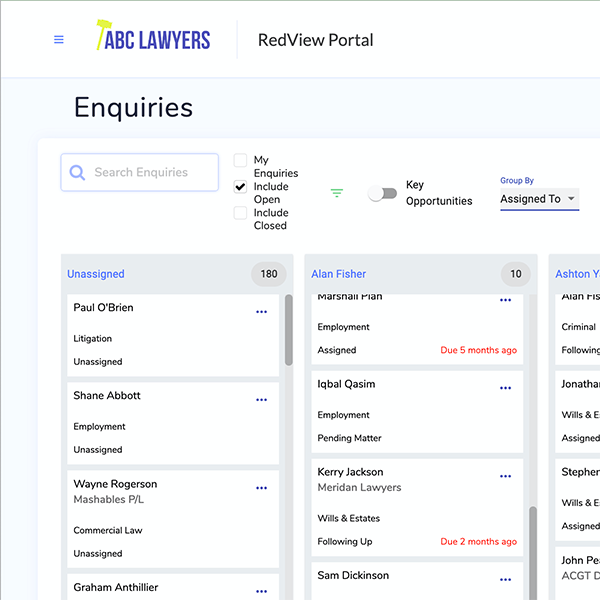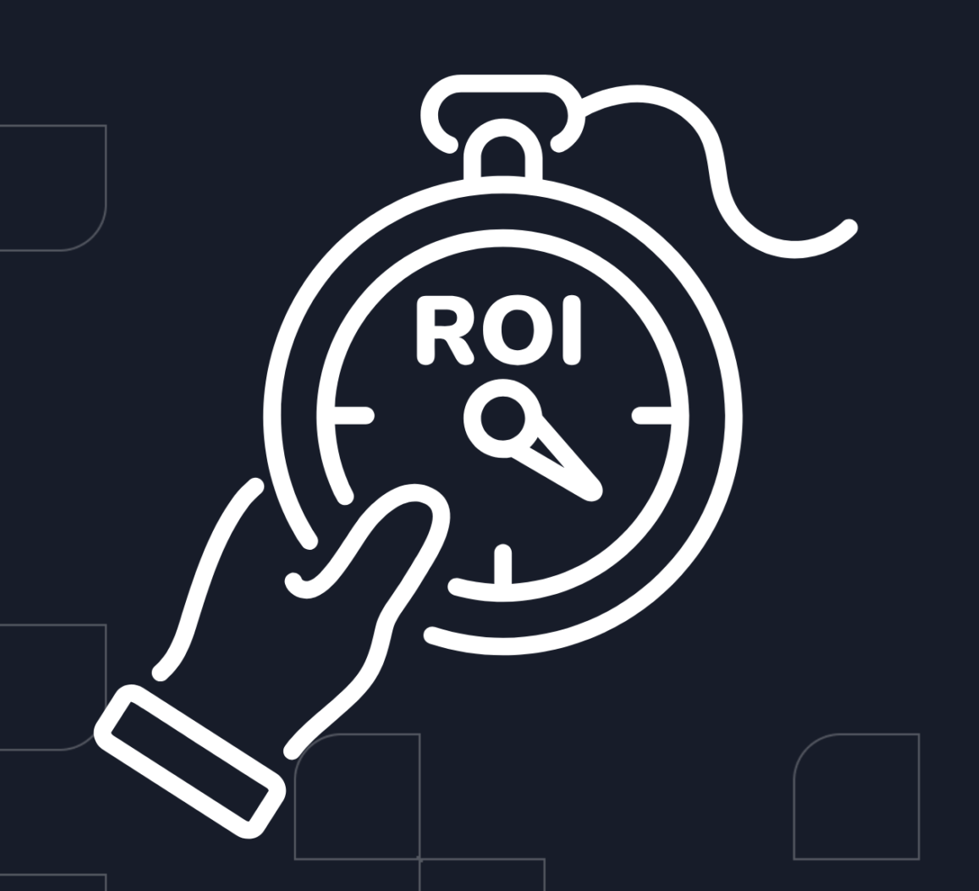Systematising your business development efforts is critical for a modern legal practice. Learn why a CRM is the way to do it.
In the fast-paced world of legal services, winning new clients is paramount to staying ahead of the competition. And winning new clients comes from tracking and managing leads effectively.
Capturing Leads
Key to effective lead management is capturing information, and not letting enquiries slip through the cracks.
Enquiries will come to a law firm from many sources. Traditionally, people used the phone to call – they have a problem, they want to talk to someone. When this happens, it is important to capture that information as efficiently as possible.
In the modern world, the potential client also searches the web to assess law firms that could be of assistance. They then may complete a Contact Us form on the site, email or call by phone. Or possibly use a chat bot and other tools. Here the information may come in electronically.
Whichever way the information is obtained it is vital to get it into a central repository so that all leads can be processed and managed.
Curiously, one the most common lead management tools seen in law firms is Microsoft Excel! Easy to enter information and inexpensive, but an island of data that is not manageable and not easily shared.
Having a CRM to track new enquiries is essential if you have any sort of volume and depending on the practice area, even small firms can receive 50 to 100 new enquiries a month. Bigger firms will have hundreds. A computer system is essential with these volumes.
Managing Leads
Once you have a potential client it becomes necessary to effectively track activity with the person.
Typically, they will want to talk to a lawyer to assess your services. How you handle that process is critical, because time is money.
Maybe you have a paralegal or admin person that talks to the person initially to qualify the opportunity, maybe you accept the cost of a lawyer providing an initial telephone consult, maybe you charge for that first appointment before they become a client.
A CRM provides a centralised platform where crucial details about leads – including their requirements, preferences and communication history – can be stored and accessed with ease. Reminders and prompts ensure that opportunities are actioned and not forgotten.
A centralised database also means that multiple people can work with the potential client because a full history of activity is easily available. This can be a real boon when working in teams or job sharing, meaning the entire workflow is accessible and communication is more open.
Plus, a cloud-based solution lets you manage these processes with remote workers.
Ultimately, managing all leads effectively and following up appropriately means more business, which ultimately means better profitability.
CRM for Legal?
While CRM software has been around in various forms for some time, every industry differs, and having a system that addresses the specific nuances of the legal profession makes a whole lot of difference.
A specialist legal CRM will offer advanced analytics capabilities that provide valuable insights into business development efforts. By tracking key metrics such as response times, meeting bookings, conversions, source of business, type of work and the like, firms can make marketing investment decisions based on data and performance, not just gut feel.
Moreover, a good legal CRM can play a crucial role in ensuring compliance with regulatory requirements and ethical standards. By providing features such as audit trails and records of all client activity, the risk of spurious claims by the potential client can be managed effectively.
A good legal CRM is an indispensable asset in the modern legal landscape. By centralising client information, prioritising leads, facilitating collaboration, and providing analytical capabilities, such a system empowers law firms to effectively identify, nurture and convert leads into valued clients.




